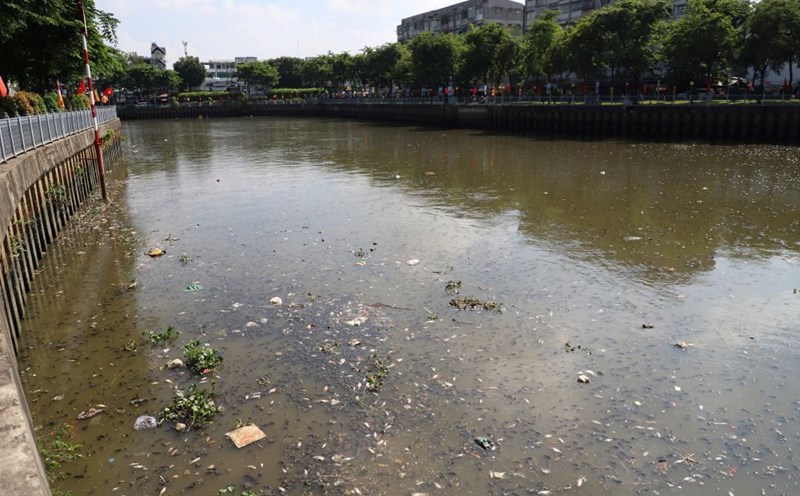Germany - the leading Russian crude oil buyer in Europe before the war in Ukraine - is looking to replace Russian oil with supplies from Kazakhstan.
Poland - Germany's neighbor - also has a common goal of stopping Russian oil purchases but seems to have missed the deadline set for at least 1 or 2 months.
The next important development is not only for domestic fuel demand from both Poland and Germany but also for global crude oil supply, Bloomberg noted.
As the two countries do not buy oil, Russia needs to boost oil into the global market by shipping it to customers in Asia. The Kremlin has even discussed cutting oil production amid G7 sanctions.
Poland and Germany are party to the European Union (EU) ban on most of Russia's oil being transported by sea starting on December 5.
However, the two countries are also major buyers of Russian crude through the northern branch of the Druzhba oil pipeline system. Oil is delivered via the pipeline to two refineries in eastern Germany and one in Poland.
Russian oil transported through that pipeline is not subject to the embargo, but earlier this year, Germany and Poland pledged to stop receiving oil through the Druzhba pipeline by the end of the year, on December 31.
However, finding an alternative oil supply with similar quality and volume for Germany and Poland faces many obstacles from the technical and logistics perspective, especially because German refineries are located domestically and have long received Russian Urals via Druzhba.
Meanwhile, Poland argues that it needs EU sanctions to fulfill its commitment to stop Russian oil imports, so it is expected to start implementing them next year.
In January 2023, Transneft PJSC's transportation plan includes transporting 500,000 tons of Russian crude to Poland via Belarus, Igor Dyomin, a spokesman for the Russian pipeline operator, informed.
Earlier, Polish climate minister Anna Moskwa reiterated that stopping oil flow from Russian producer Tatneft through the pipeline would require sanctions.
A few weeks ago, Polish officials also signaled that they would continue to buy Russian oil.
Poland's only refinery, Orlen, has revealed that it is finalizing a contract to deliver goods to Russia. As we have repeatedly announced, Orlen will not extend his contract until 2023. The only other valid contract will expire after the sanctions we have prepared are imposed," the company said in a statement on December 29.
Currently, 70% of the crude oil delivered to Orlen's refineries comes from sources other than Russia.
Meanwhile, Germany is moving to Kazakhstan. The Central Asian country will need to supply crude oil to the Druzhba pipeline for transport to Germany.
Kazakhstan's KazTransOil pipeline operator has asked Transneft to ship crude via Druzhba to Germany next year.
Specifically, KazTransOil asked Russia's Transneft to provide transportation capacity to transport 1.2 million tons of Kazakhstan's crude through Belarus to Poland's Adamowo-Zastawa receiving point to supply Germany, the Kazakhstan company announced on December 29.
Transneft spokesperson Igor Dyomin noted that this requirement requires approval from the Russian Energy Ministry, but technically possible to meet that demand.
Russia is ready to support Kazakhstan's proposal, Interfax quoted Alexander Novak - Russian Deputy Prime Minister.
According to Mr. Dyomin, as of the evening of December 29, Transneft had not yet received requests from Kazakhstan's oil producers.
Under current sanctions, the Druzhba pipeline is allowed to buy Kazakhstan's crude oil, the German Economy Ministry said.









